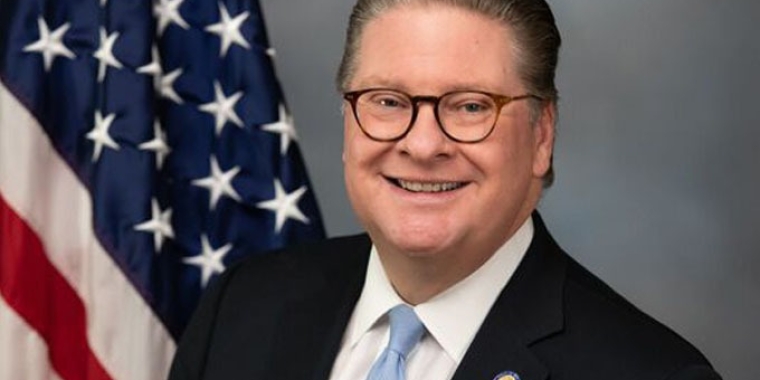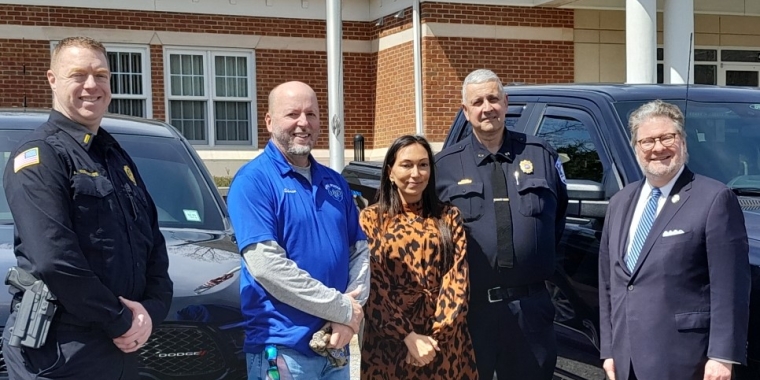
Harckham’s Bill Ensuring Opioid Education, Overdose Drugs to Patients Passes in Senate
March 8, 2021
-
ISSUE:
- Battling the Opioid Epidemic
- Substance Abuse Disorder
- Alcoholism and Substance Abuse Committee

Albany, NY – New York State Senator Pete Harckham announced today that his legislation (S.2976) to ensure that opioid patients are provided with educational materials and overdose reversal medication upon their release from treatment facilities has passed in the State Senate.
“It is time to make sure that New York residents with Substance Use Disorder leave treatment with pertinent information about how to handle an overdose and some reversal medication on hand,” said Harckham, chair of the Senate Committee on Alcoholism and Substance Use. “I am grateful that my Senate colleagues have approved this bill because it will give both patients and their loved ones the resources to prevent tragic overdose deaths.”
The bill requires that individuals diagnosed with an opioid use disorder when released from an inpatient facility operated or licensed by the Office of Alcoholism and Substance Abuse Services (OASAS) be given education materials relating to opioid overdose that conforms to the Department of Health or federal Substance Abuse and Mental Health Services Administration Guidelines for opioid education.
The educational materials must explain the causes of an opioid overdose, instruct when and how to apply life saving techniques, including the administering of an opioid antagonist (or overdose reversal medication), and how to contact emergency medical services. The treatment facility or hospital also will provide patients as they leave the facility with two doses of an opioid antagonist and a prescription for an opioid antagonist. The legislation also covers inmates being treated for Substance Use Disorder who are being released from a correctional facility.
“I know too many families that have lost loved ones when they came out of prison or treatment, so I am certain that this new legislation will save countless lives, and I look forward to it being signed into law,” said Susan Salomone, co-founder of Drug Crisis in Our Backyard, a non-profit organization dedicated to supporting individuals and families dealing with Substance Use Disorder. “We have to do everything we can to prevent overdoses and help those struggling with drug use.”
Between 2015 and 2016 the opioid overdose death rate in New York State increased by 40%. As of March 2018, more than 115 people in the United States die every day from overdosing on opioids, according to the Centers for Disease Control and Prevention. Opioid antagonists, such as naloxone, reverse the effects of opioids, and are effective in preventing overdose deaths. The availability of an opioid antagonist is crucial in ensuring that overdose deaths do not occur. However, an opioid antagonist can only be effective as an antidote to those readily available when an overdose is happening. In 2018, the United States Surgeon General issued the first national advisory in over a decade, urging all Americans to carry naloxone.
According to the Harm Reduction Coalition, “Individuals with a history of drug use who are leaving jail or prison have a great likelihood of overdosing in the first two weeks following discharge.”



